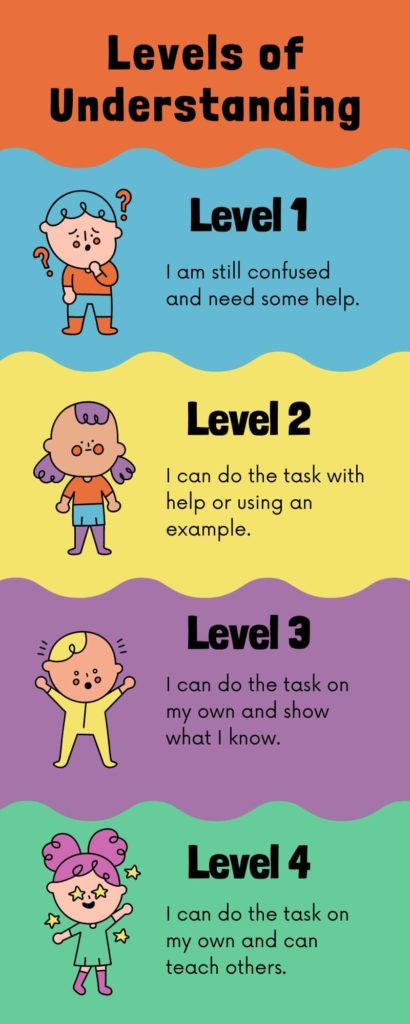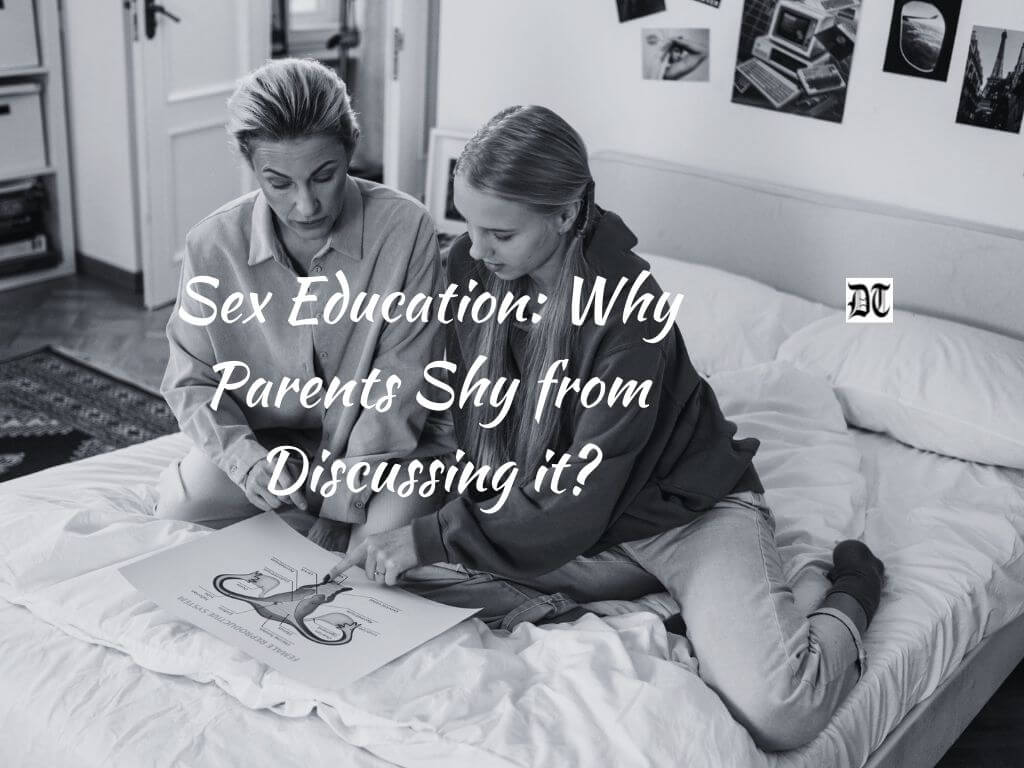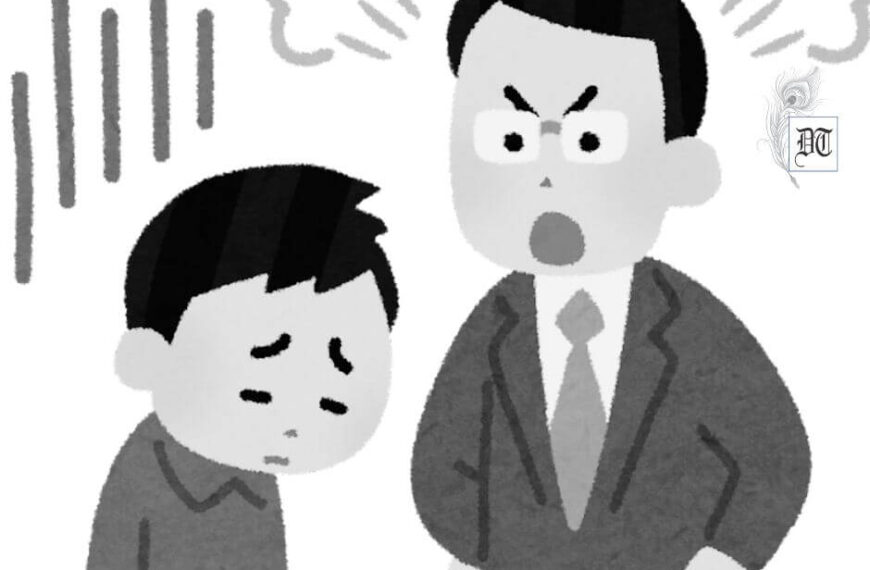The healthy sexuality of teenagers depends upon the rightful role of the parents. In the internet and social media age, discussing sex, and the right and wrong touches, among other things, are essential, argues Luvish – exclusively for Different Truths.
How did you learn about relationships, sex, pregnancy, caesarean section, periods, birth conceptions, menstruation cycle, ovulation, hormonal changes, amenorrhea, premenstrual dysphoric disorders, menorrhagia, nightfall, premature ejaculation in males, abnormal uterine bleeding, the marital relationship between husband and wife?
Was it good, bad, or indifferent? Was it through your friends, films, television, elder siblings, or personal experience, or did you get sex education at the school level? Perhaps it was from your parents? Suppose it was from your mother or father. Does the recollection of that conversation elicit some uncomfortable memories of a mortified parent(s) desperately trying to explain the facts of life to you?
Today every parent, whether well-educated or not, is equipped to teach and impart some sound values to their children.
Every parent, whether well-educated or not, is equipped to teach and impart sound values to their children. They can build a safe environment for their children to gain a high level of knowledge at every stage of their life. In this 21st century, we may compare the old generation children and new generation children. Old generation children were blessed to breathe clean air and enjoy the beauty of nature.
Earlier, there was no television or internet. Hence, children spend more time with their families. More things and different kinds of issues were discussed with parents at that time. Mutual understanding and better unity between parents and their children were likely to be seen. Internet and mobile phones were not readily available to kids in an earlier generation. But nowadays, internet sources and social media sites are readily available to children, so they can get a high level of comprehension from anywhere. Therefore, kids are sharper now, and information is readily available compared to early generation children.
Early Maturity

So, it can be easily seen that children nowadays mature at an early age compared to the old generation children (mentally and physically). Today, a child feels more overprotective towards love, heartbreak, depression, crush, one-sided love, quality time, and fantasy than an adult. This factor proves that the kids in the older days were much more innocent than the kids of this modern generation.
Nowadays, children are far more demanding and specific in their likes and dislikes.
Nowadays, children are far more demanding and specific in their likes and dislikes. They do not have to go through the earlier struggles and brutal attempts children faced. Resultantly, children lead a more comfortable life these days. But I would like to keep an issue apart from all these things that there are still a few critical alterations and variations that we need to change. One of the significant issues that we must realise is the importance of sex education.
Sex education is a box of instructions on issues related to human sexuality, including human emotions, the need for intimacy, sexually activeness, effect of sexual activities on mental health. Sex education teaches the children the basics of puberty, hormonal changes during puberty, body changes and development, and a comprehensive understanding of their bodies and how to say no to unwanted sexual activities.
Sex Education
Sex education aims to develop and strengthen the ability of children and young people to make conscious, satisfying, healthy and respectful choices regarding relationships, sexuality, and emotional and physical health. Sex education doesn’t encourage children and young people to have sex. Sex education is high-quality teaching and learning about various topics related to sex and sexuality. It does also explore values and beliefs about those topics. It helps people gain the skills needed to navigate relationships with themselves, partners, and the community, to manage one’s sexual health.
Sexuality education has positive effects, including young people’s knowledge and improving their attitudes related to sexual reproductive health and behaviour.
In the past, good technological development and urbanisation sources were impoverished. Psychological issues and brain development used to take more time for reasoning analysis and detective-based concepts in the minds of teenagers. But today, the upcoming variation is changing fast.
Numerous adult materials, things on television, media and social sites provide a compelling clue for small children to think hypothetically about these serious matters.
Numerous adult materials, things on television, media and social sites provide a compelling clue for small children to think hypothetically about these serious matters. These may ruin and damage the minds of small children in an unpleasant way. Parents do not talk about sex education with their children; this sex education is being given at the age of 14 years. But this is becoming very much an irresponsible lynch mob for the youth of our country. Because of advancements in technology, modernisation, and modification of television media, a child of age eight years starts thinking about some unknown myths and facts about sex, baby birth, and intimate kissing scenes in television.
Sex and Indian Culture
Cleverer children, whose thinking skills are excellent, genius-minded, and average students, with access to internet sources, take help from online sources to answer inappropriate embarrassing matters. It’s because parents do not tend to tell all these things on their own on account of a quiet demeanour behaviour as people of our country think that talking about sex is against the culture and civilisation of our country. It is a culturally sensitive approach to breaking the taboo associated with sexuality topics in our country.
If children ask about the reality of human birth, parents do not reply to such things.
If children ask about the reality of human birth, parents do not reply to such things. Usually, they change the topic because of uncomfortable feelings and scold them not to ask such questions in future. So, the way parents hide these things from their children, who mentally start thinking to find out the secret hidden about this unopened mystery of birth-related topics that how do we bear and sexuality issues too. Curiosity toward sex topics is a natural step.

Younger children are interested in pregnancy and baby birth anatomy rather than the mechanism of sex procedures. Children usually start searching these materials on the internet and successfully find them due to their parents’ awkward behaviour while discussing this. But when children learn about these serious matters from online sources, many other inappropriate sites and clips start coming on the screen moving forward. Thus, viewing such things may blemish their career, ruin their mentality, and may influence them to go on the wrong path.
Sex education should be provided to teenagers by their parents as early as possible. But still, some people think that spreading sex education to children is crudely against our culture. Sex education is necessarily crucial to teenagers from parents because Children who receive sex education from parents are less likely to engage in risky unwanted sexual activities.
Parents and Children’s Open Communication
Open communication between parents and children about sex topics and other matters related to birth conception and physical intercourse is 100% healthy and safe. Early, honest, and open communication between parents and children is essential, especially when your child becomes an adolescent. If open communication is frank and routine, then Children are more likely to speak with their parents about the other trials of puberty, anxiety, depression, relationships, and use of alcohol and drugs.
Sex education is the most controversial problem in the education system.
Sex education is the most controversial problem in the education system. Some people agree with sex education, while others think it is taboo. It is impossible to shrug off the obligation of informing youth about its importance.
Problems like STDs, unwanted pregnancy, and irregular periods can be avoided if discussed with parents at an early stage. So, it is the responsibility of parents to investigate this subject matter. Let us look at some of the disadvantages of not providing sex education:
- The spread of HIV and other sexually transmitted diseases in young adults is due to the low rates of contraceptive use and the lack of information on safe sex practices. Sex education can provide some knowledge on preventing STDs and the technique to use condoms for prevention.
- Adults are less prone to HIV infection since they have the necessary information and skills to protect themselves.
- Gives insight and offers practical knowledge to avoid unwanted pregnancies.
- Sex education helps young adults prevent sexual assaults and teaches students what is right and wrong.
- Not discussing sex education will create a significant impact on adolescents.
- Educating youngsters about sex education can describe them about the human body, the human reproductive system, Sexually transmitted diseases, birth contraceptives and pregnancy prevention techniques.
- Parents think that sex education could also corrupt students’ moral standing and incline them to engage in sexual activities due to their curiosity which is a wrong mentality.
Start Sex Education Early
A good strategy is to start talking to your child about sex when they are young. Parents should not rely on the school education system to teach sex education. If your child is taught sex education at school, then ask them what they have learned and review it. So, parents should be a child’s first source of information about sex. Understanding correct information can protect children from risky behaviour as they grow up. Parents talking to children about their bodies openly and honestly are giving them the message that there is nothing to be ashamed of.
When parents include their genitals or private parts in the conversation, keeping our bodies safe is integral to sex education. By teaching body safety to the kids, they are increasing the chances of being able to recognise appropriate and inappropriate behaviour. Sex education also provides children with inappropriate sexual touch. Sex education also defines the demerits of daily masturbation habits in males while it may also spoil their health.
… what a child learns in the school yard from friends and social media will be incomplete and may be incorrect.
But still, what a child learns in the school yard from friends and social media will be incomplete and may be incorrect. It may also be demeaning or even dangerous.
Although social media is full of sex and vulgarity, it is often depicted in the most sensational and superficial sense.
Realistic portrayals of relationships and sexuality are rare. Thus, sex education does not lead to any promiscuity. So, discussing sex at an early stage increases the chance of teens’ safety, and they can easily handle difficult or dangerous things in future.
… an opportunity to instil family values may be missed.
If parents do not teach their children about sex education, they will learn it elsewhere. But an opportunity to instil family values may be missed.
Hence, an essential strategy in today’s lifestyle is that parents should discuss sex education with their children. Otherwise, it may harm the sexual health of teenagers during their married life.
Picture design by Anumita Roy, Different Truths





 By
By
 By
By
 By
By
 By
By